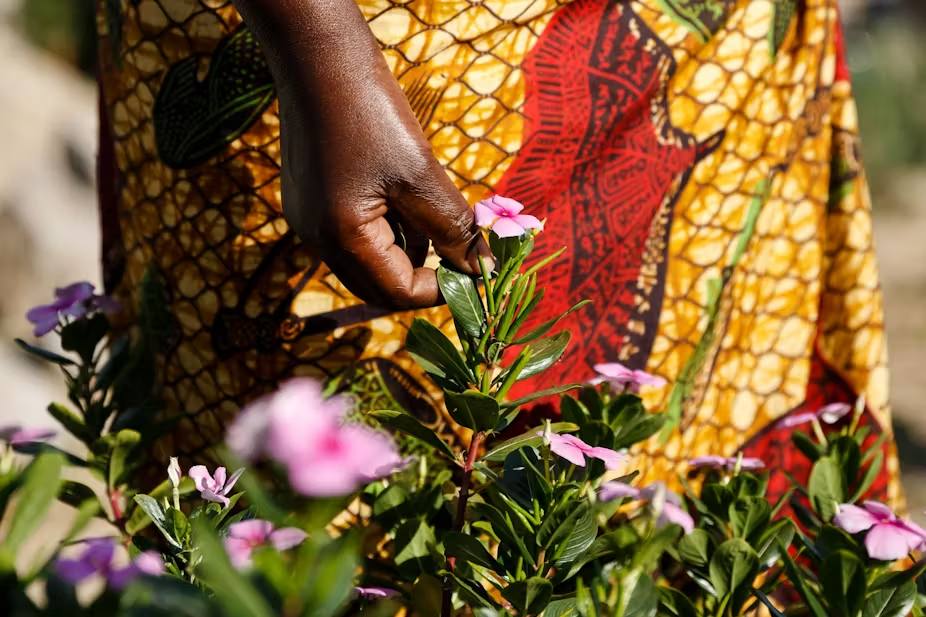
For centuries, West Africa has relied on the power of medicinal plants to treat a wide range of ailments, from common colds to more severe conditions like malaria and diabetes. Traditional medicine remains integral to the region’s healthcare system, particularly in rural areas where access to modern medical facilities can be limited.
Let’s explore some of the most prominent medicinal plants used in West African traditional medicine, their local names, and the cultural significance of their healing properties.
Here are some Medicinal Plants in West Africa
1. Neem (Dogonyaro)
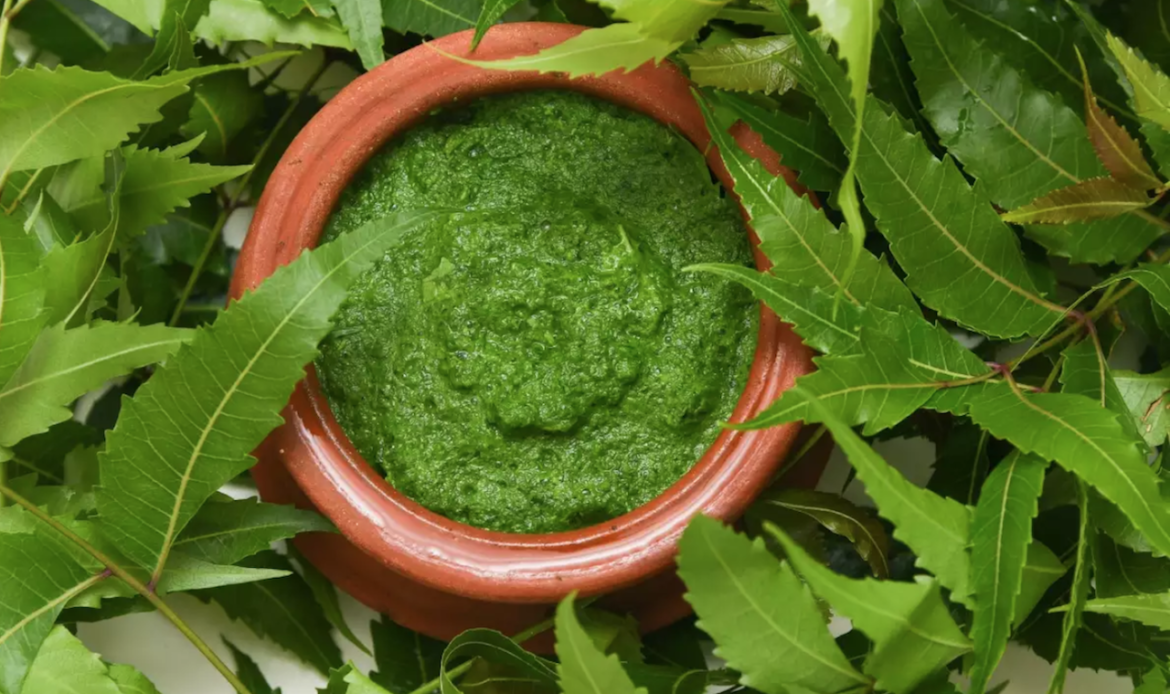
Neem is one of the most commonly used plants in West African medicine. Its leaves, bark, and seeds treat various conditions, including malaria, skin infections, and digestive problems. Neem’s antibacterial and anti-inflammatory properties make it a versatile remedy. In Nigeria, neem leaves are boiled into tea, which is used as an antimalarial and as a treatment for fevers.
In many West African communities, the neem tree is not just a medicinal plant but also a symbol of health and well-being.
Read: How to Make a PCOS-Friendly Plate
2. Baobab (Kuka)

The fruit of the baobab tree, often called the “tree of life,” is rich in vitamin C and antioxidants. It boosts the immune system, treats diarrhea, and reduces inflammation. Baobab leaves are also consumed as a vegetable and are believed to help manage conditions like malaria and asthma.
It is a tree commonly found in northern Nigeria, particularly in Borno state, where it has inspired the name of a local government called Kukawa. The baobab tree is sacred in many West African cultures, representing wisdom, resilience, and life. It is used in rituals, and its fruit is often consumed during important ceremonies.
3. Moringa
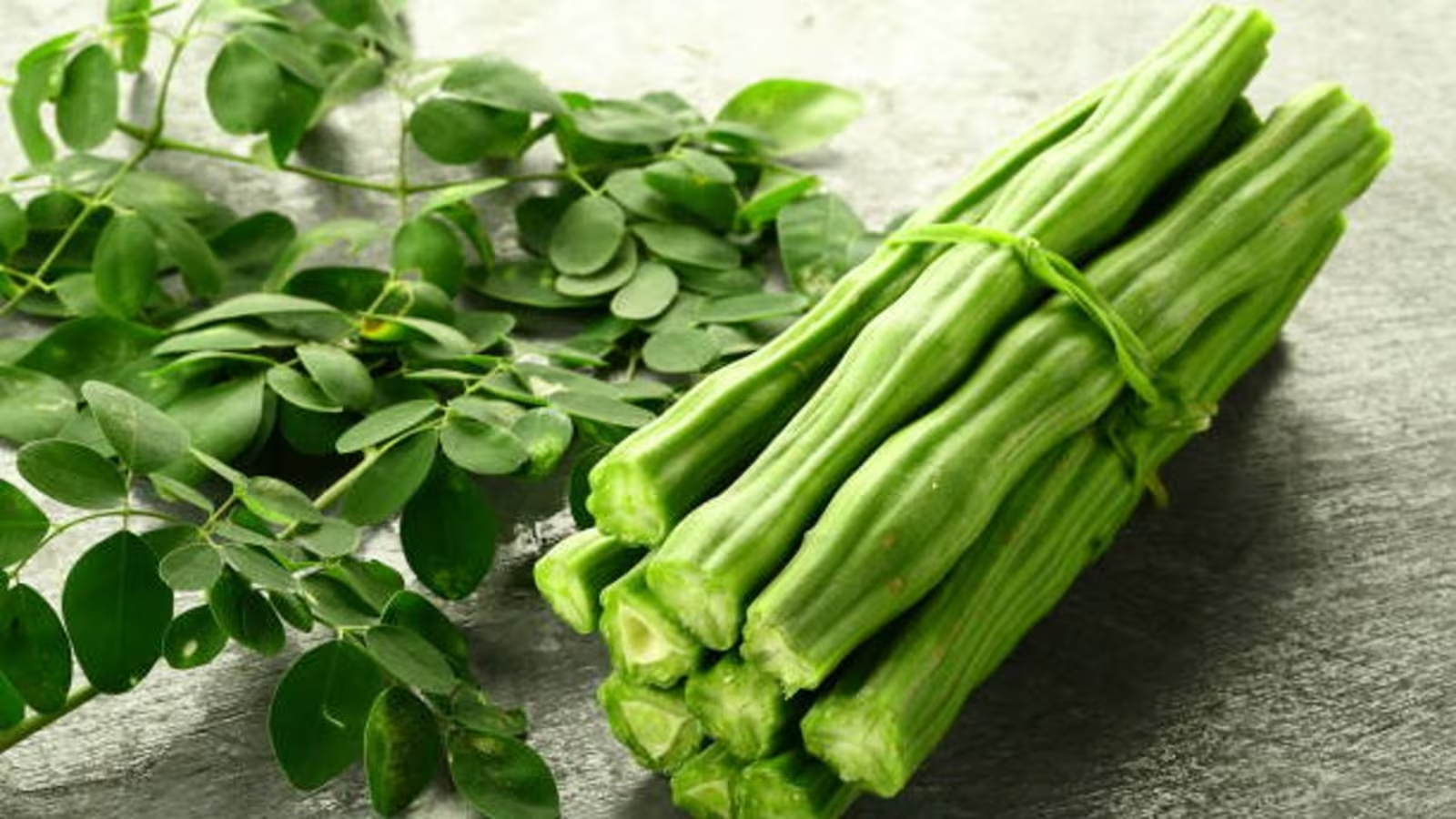
Moringa is called the “miracle tree” due to its high nutritional content and wide range of medicinal uses. The leaves are packed with vitamins and minerals, making them a popular remedy for malnutrition. Moringa is used to treat a range of health issues, including high blood pressure, diabetes, and digestive disorders.
In many West African cultures, moringa leaves are consumed in soups or teas, and the plant is considered essential for maintaining overall health and vitality.
4. Bitter Kola (Orogbo)
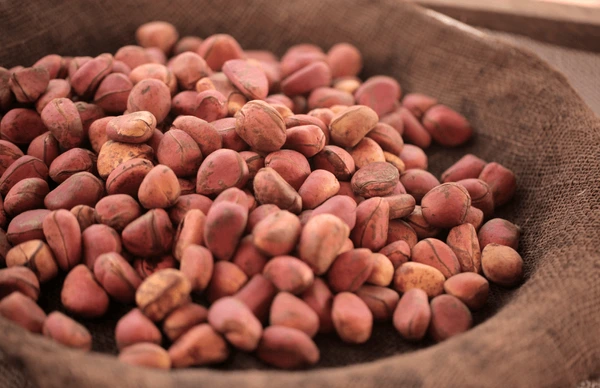
Bitter kola is widely used for its medicinal properties, particularly in treating respiratory conditions such as asthma and bronchitis. It is also chewed to relieve symptoms of colds and coughs. Additionally, bitter kola is believed to have anti-inflammatory and anti-diabetic properties.
Bitter kola is often used in traditional ceremonies and is considered a symbol of health and longevity. It is also offered during important cultural rituals.
5. Shea Butter (Ori)
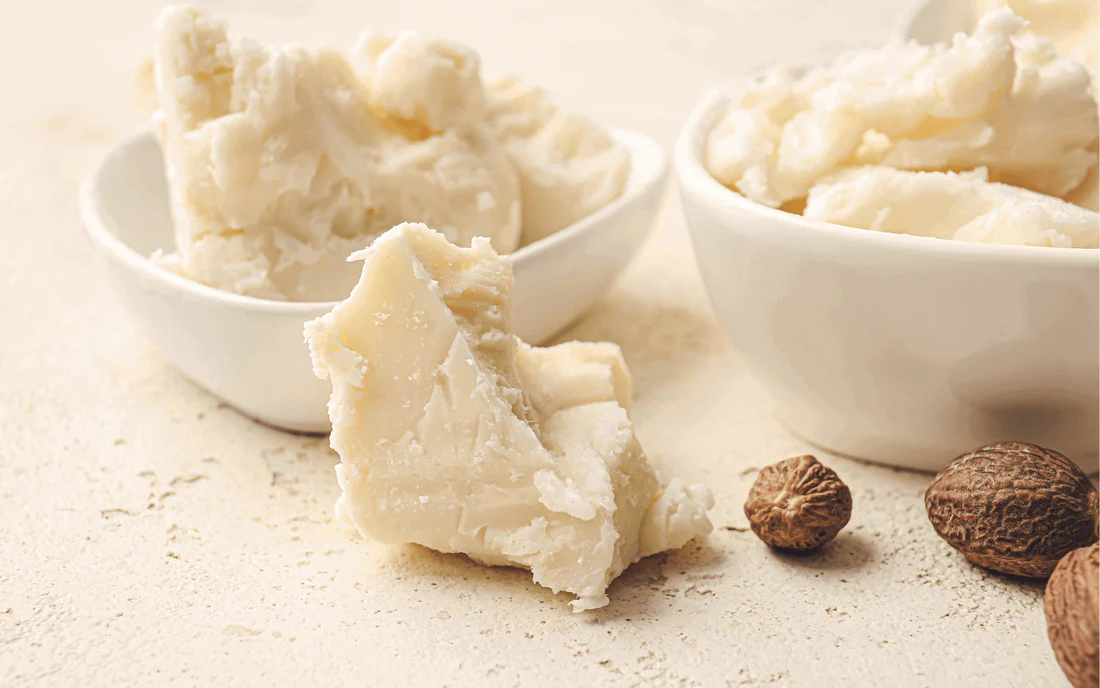
Shea butter is a versatile natural product in West Africa for its moisturizing and healing properties. It is applied to the skin to treat burns, eczema, and other skin conditions. Additionally, it is used to relieve joint pain and inflammation. Shea butter is traditionally used not only for its medicinal properties but also in beauty routines and for infant care. It is an essential part of daily life in many West African households, passed down through generations as a symbol of care.
Read: 8 Foods That Naturally Cleanse and Detoxify Your Body
6. African Ginger
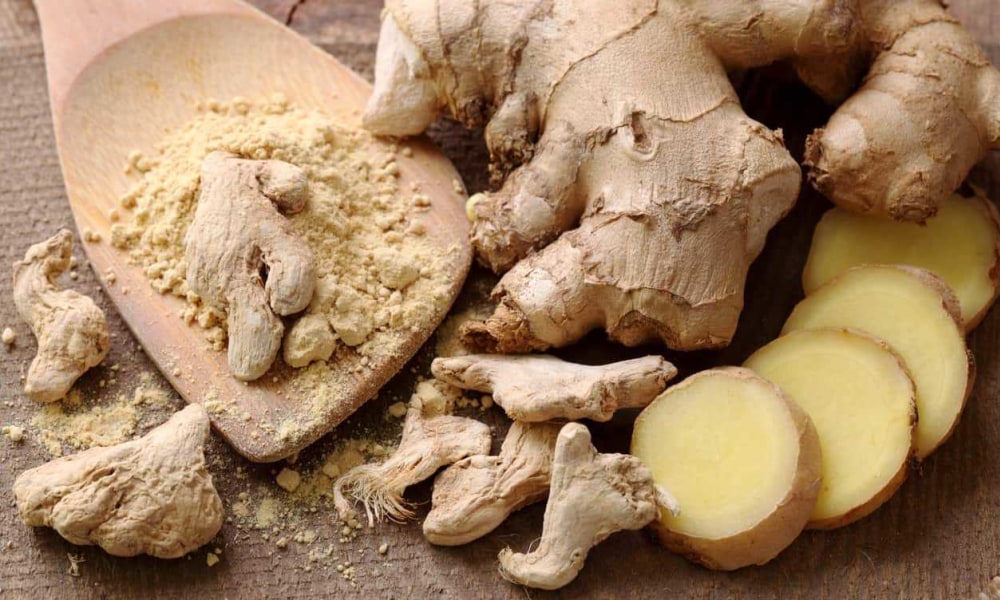
African ginger is commonly used in West African traditional medicine to treat digestive issues such as indigestion, nausea, and bloating. It is also used as a remedy for colds and coughs, and its strong anti-inflammatory properties help relieve symptoms of respiratory conditions. Ginger is a common ingredient in medicinal and culinary practices across West Africa. It is often included in drinks and teas, particularly during the colder months, to prevent illness and maintain vitality.
7. Scent Leaf (Efirin)
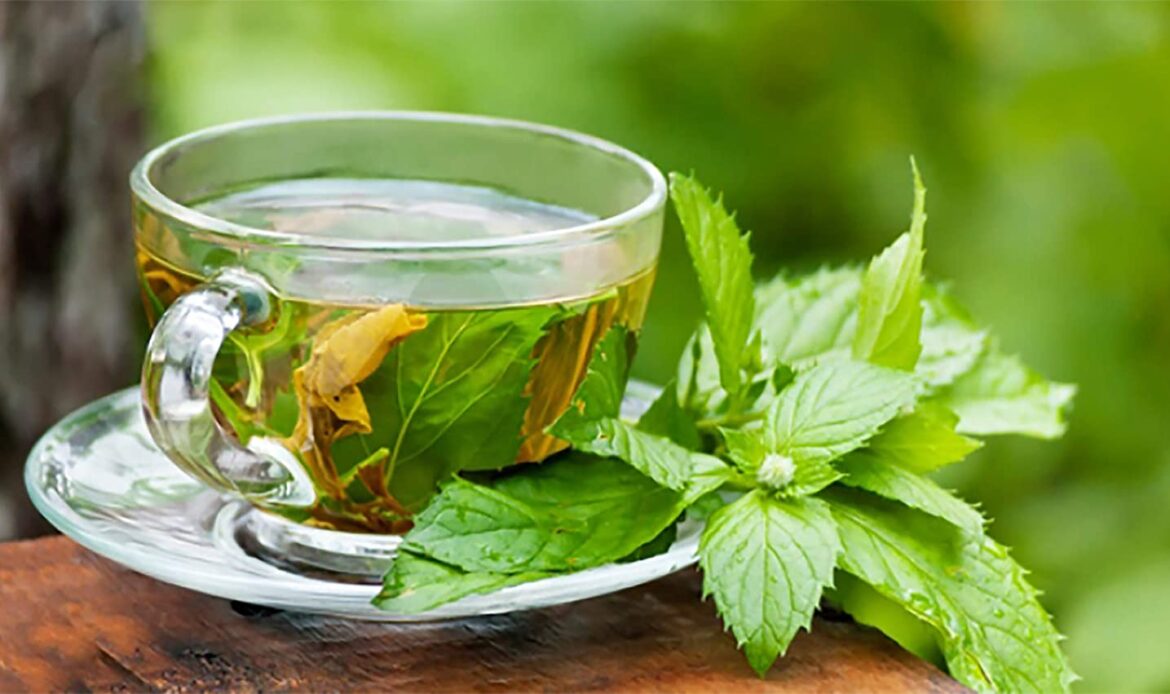
Scent leaf is a fragrant herb used for treating various ailments, including fever, malaria, and gastrointestinal issues. It is often brewed into a tea to relieve colds, coughs, and chest congestion. Its antibacterial properties also make it helpful in treating skin infections. Scent leaf is commonly grown in household gardens and is used for its medicinal properties and cooking. It is a key ingredient in several traditional soups and stews, adding both flavor and health benefits to meals.
8. Senna
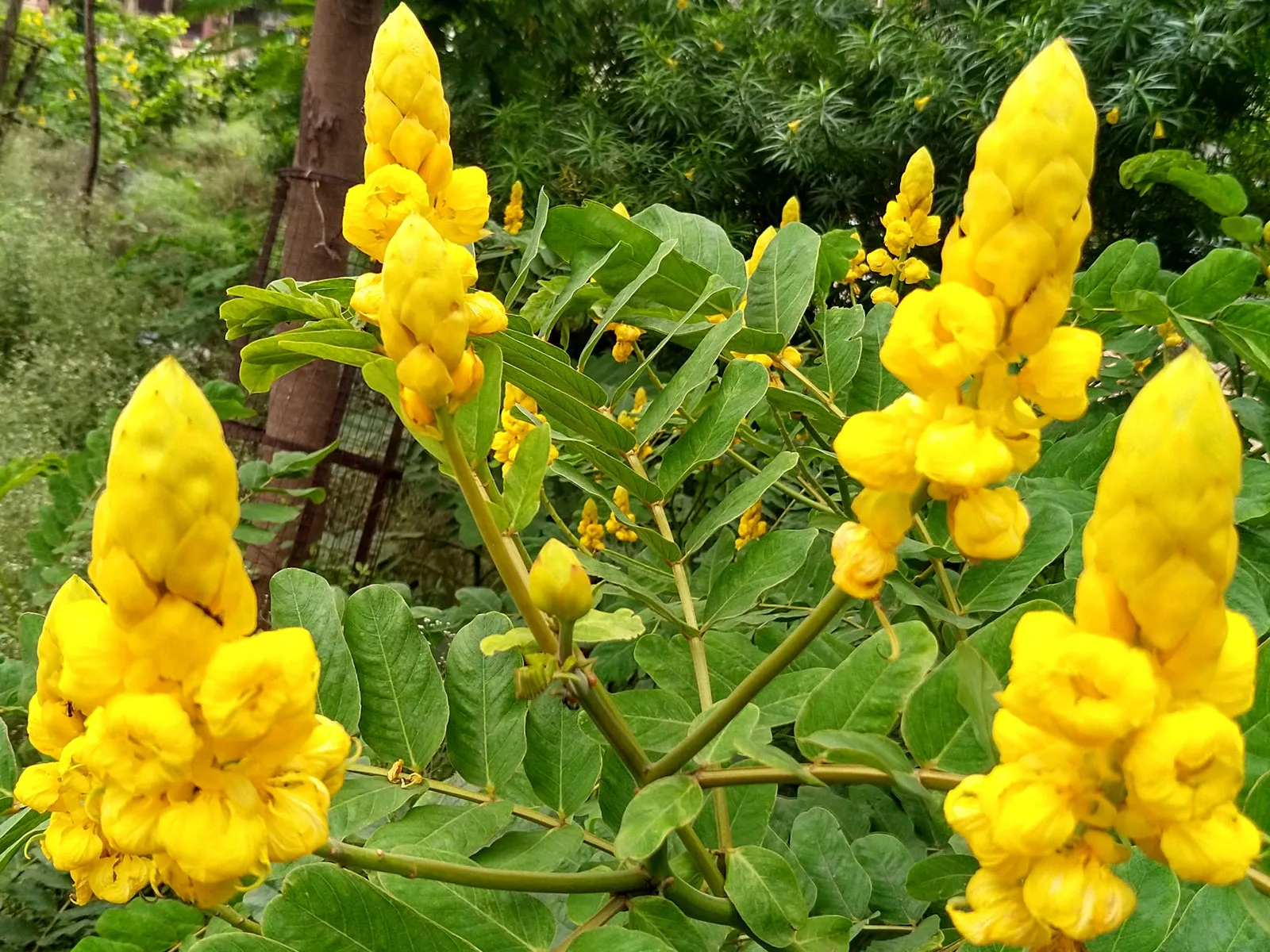
Senna is a well-known herb used as a natural laxative. It helps treat constipation and is sometimes used to cleanse the digestive system. Senna is also believed to help detoxify the body and promote overall digestive health. In West African medicine, senna is often used with other herbs to purify the body. It is sometimes prescribed as part of a health regimen to maintain balance within the body.
West African traditional medicine offers a rich tapestry of healing practices deeply connected to the land and cultural beliefs. Have you ever used any of these traditional West African remedies?
Share your experience, or tell us which medicinal plant you find most intriguing. How do you think traditional and modern medicine can complement each other for better healthcare outcomes?
